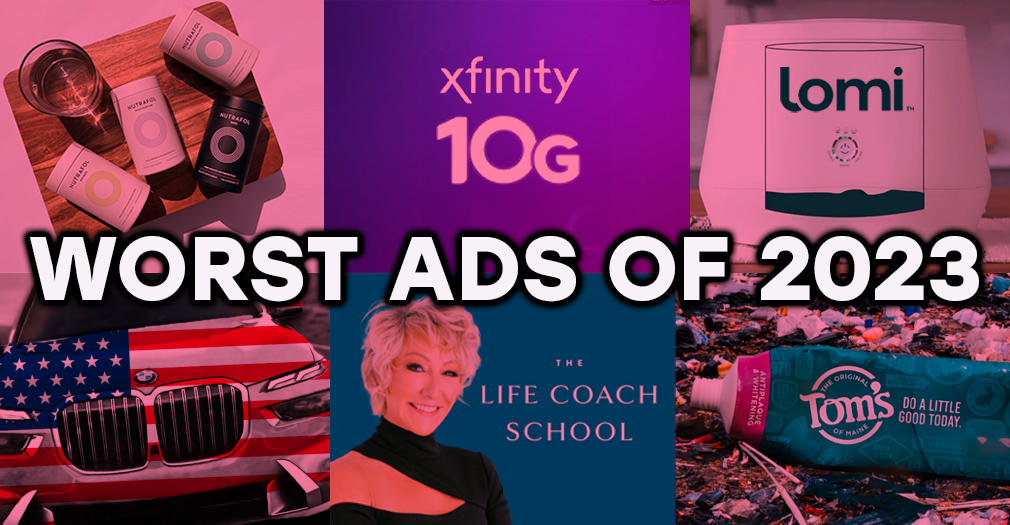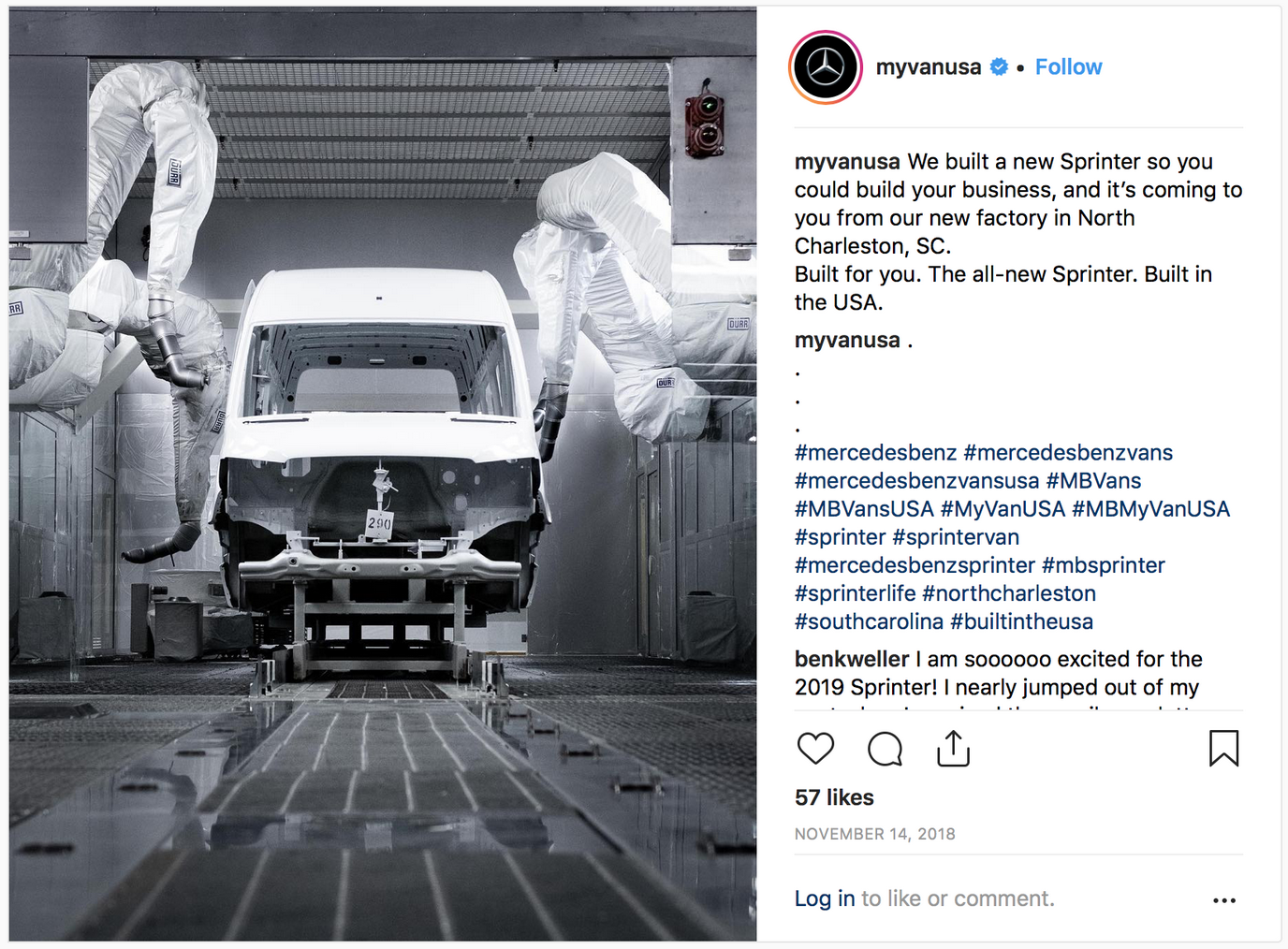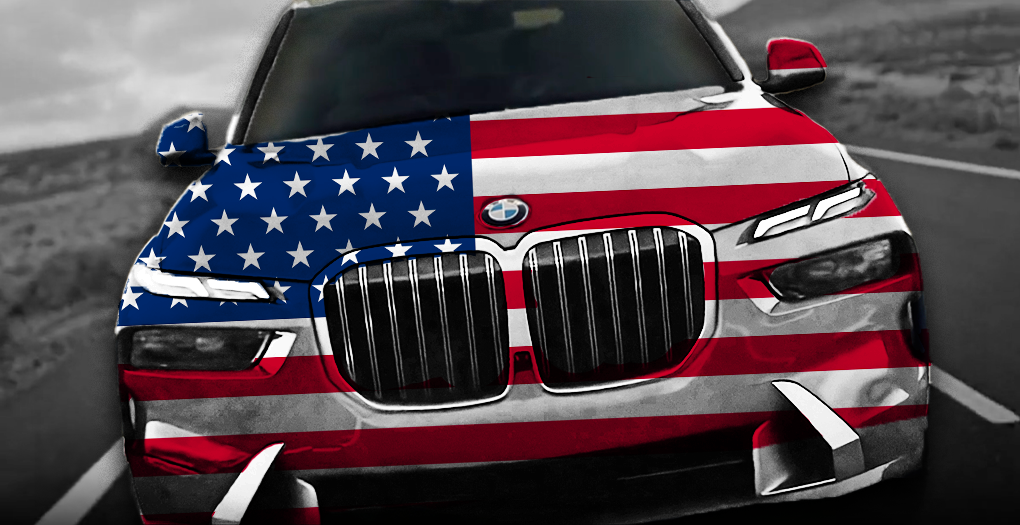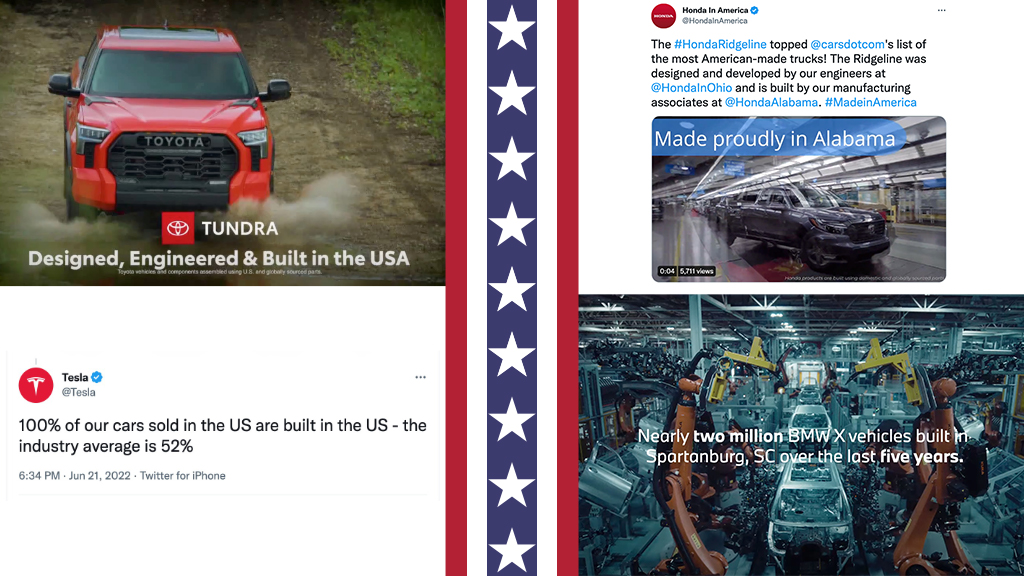
Most Deceptive Ads of 2023
Some of the worst ads TINA.org covered this year.
TINA.org investigations expose the truth and prompt marketing changes
While the White House’s recent announcement that it would be imposing a 25% tariff on imports of cars and certain car parts has sparked widespread concern over rising prices, the reasoning behind the plan appears simple: to prompt U.S. consumers to buy American-made cars.
And given how much “Made in America” automotive marketing has existed over the years across numerous brands, it may seem like there’s an abundance of options for buying American-made cars. The problem, however, is that those ads haven’t been telling you the truth. In fact, every single car – even those marketed as made in the USA – contains imported parts.
According to the FTC, in order to advertise a product as made (or built or manufactured) in America, it must be “all or virtually all” made in the United States, with “no—or negligible—foreign content.” And currently, there is no car on the planet that meets this definition.
Unfortunately, numerous automakers have nevertheless inappropriately claimed their cars are U.S.-made because, after all, “Made in America” sells. Fortunately, TINA.org’s investigations of several car companies have prompted marketing changes—changes that allow the companies to continue boasting their assembly plant jobs and contributions to the U.S. economy, but stop short of lying to consumers.
Let’s start with Mercedes-Benz. A 2019 TINA.org investigation found that Mercedes-Benz USA (MBUSA) was running a deceptive national marketing campaign that claimed its 2019 Sprinter van was “Built in the USA” despite the fact that the overwhelming majority of Sprinter vans were imported from Germany and the remaining vans contained significant non-U.S. components. TINA.org sent the company a warning letter and within weeks, MBUSA halted its “Built in the USA” Sprinter van campaign.
Fast forward to 2022 and TINA.org investigated numerous other automotive companies – BMW, Ford, Honda, Mazda, Tesla and Toyota – and found that MBUSA was not alone. Each of the companies we investigated were deceptively marketing vehicles as “built,” “manufactured” or “made” in the United States. TINA.org sent these companies letters notifying them of our findings, acknowledging their right to advertise (and boast of) their assembly work in the U.S., and urging them to rectify the deceptive marketing. And some of them appear to have taken heed.
In 2022, Ford was advertising its F-150 Lightning electric trucks as “built” in Michigan, prompting TINA.org to send the company a letter notifying it of our findings to the contrary. In the letter to Ford, we wrote:
Ford has every right to boast of its assembly plants in the United States that create American jobs and strengthen the U.S. economy, but it cannot illegally embellish the amount of manufacturing that takes place domestically. Ford must ensure that its marketing messages are truthful, nondeceptive, and in compliance with the law.
Just last week, Ford aired a brand new commercial asserting that Ford is the automaker that not only employs the most hourly workers in the country, but also the automaker that assembles the most vehicles in the U.S., which is something to be proud of. What’s not in the ad? Any misleading or deceptive reference to being built or made in America.
At the time of our 2022 investigation, Honda advertised its cars as “#MadeinAmerica.” And just like with Ford, TINA.org sent a letter to the company notifying it of our findings to the contrary. Today, Honda is advertising its vehicles using an appropriately qualified claim that its cars are “built in America using domestic and globally sourced parts.”
In 2022, BMW was boldly advertising its 2023 X range vehicles as manufactured in South Carolina. After a TINA.org letter to the company and complaint letter to the FTC regarding BMW’s ongoing deceptive made in the USA campaign, the company eventually responded and ultimately removed certain deceptive origin claims from publication. In addition, the automaker now appropriately says cars are assembled at the South Carolina plant, not produced there.
TINA.org was also able to effect change with Kia prior to our 2022 industry investigation. In 2018, the car company was airing a President’s Day commercial in which the South Korean automaker claimed two of its models – the Sorento and Optima – were “made right here in America.” After we contacted the company about this ad, Kia updated the commercial to say that certain models are “assembled right here in America” and scrubbed a “USA” logo from the commercial that reinforced its misleading made in the USA claims.
While these changes are welcome, it appears that not all automakers have gotten the message. For example, Tesla, which last year claimed it had “the #1 Most American Made Car” (a potential acknowledgement that there’s no such thing as a fully American made car?), is now claiming its cars are “Made in the US” – despite admitting in a recent letter that “certain parts and components are difficult or impossible to source within the United States.”
As the idea of American-made cars becomes a national talking point, be wary of any company that claims its cars are domestically made. If you see a car advertised as Made in USA, pump your brakes.
Find more of our coverage on Made in USA.
Some of the worst ads TINA.org covered this year.
TINA.org files complaint over USA-made claims for automaker’s X models.
MADISON, CONN. November 7, 2022 – No Super Bowl is complete without at least one car commercial teeming with red, white and blue flags and blatant nods to Americana with…


